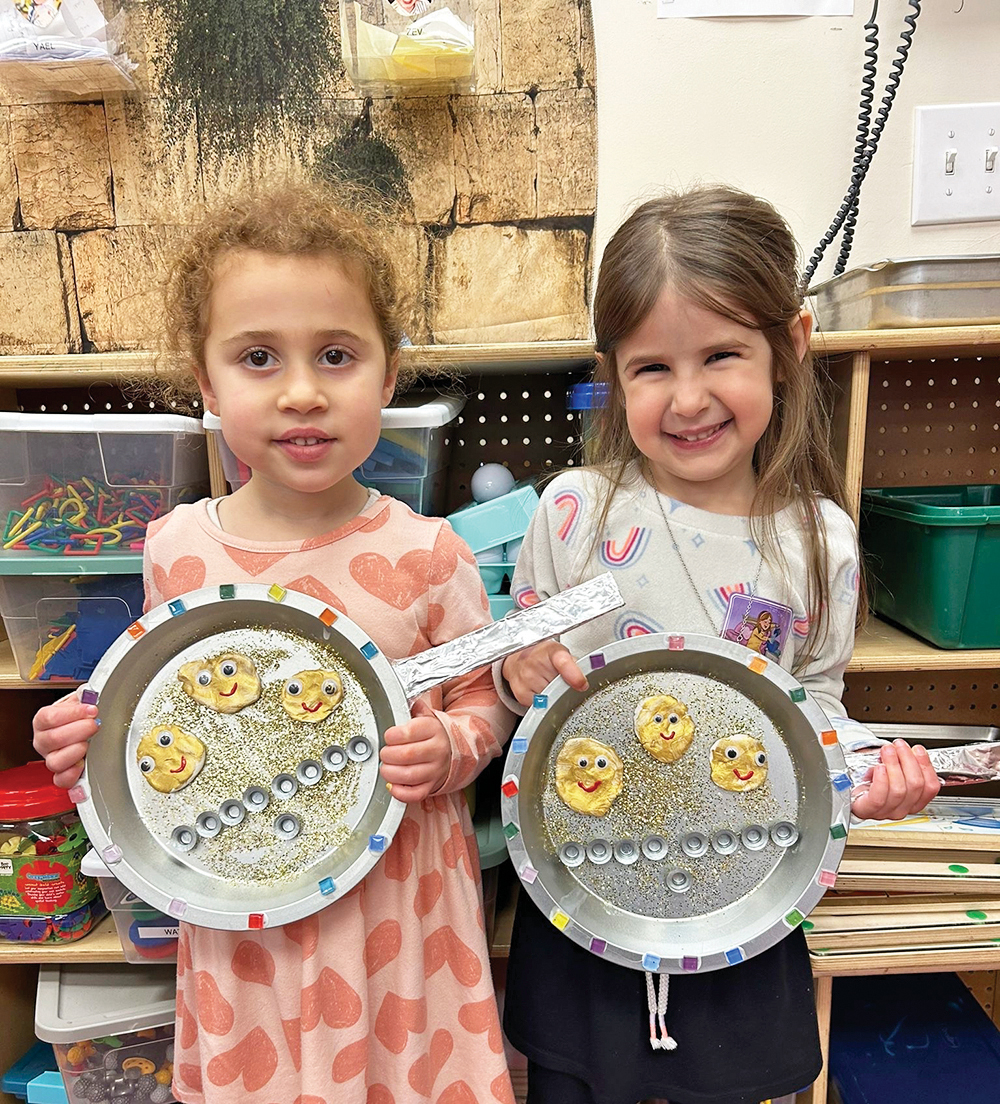I totally agree with last week’s article, “Student Finances 101” (August 8, 2024), that the gap year in Israel is a great opportunity to help students learn and grow on their journey to financial independence and responsibility. There is some great research included in the article as to which credit card is best for a year in Israel, the benefits of building credit, mitigating risks of losing the card, etc. The one thing I’d like to present an alternative model for is the end, where the reader is warned about sticker shock of paying for their kids to “indulge in every shawarma, falafel and perhaps even a splurge or two at the swankiest spots,” and that if they spend more than the card allows, just pay it off early!
I’m sure this learning model for learning financial responsibility works for some, but I’d just like to offer an alternative model that worked fantastic for me and many of my peers in our gap years: Let the kid pay for extras themselves. Parents are paying for a once in a lifetime experience sending their kids to Israel for a year, along with flights and other fees. The yeshivas, at least for boys (can’t speak for seminaries) provide meals, trips, all the necessities and more. There is no need for parents to also pay off any splurges or endless meals out that their kid wants.
What really taught myself and many others how to be financially independent and responsible was to learn the value of money by paying for these additional luxuries ourselves. All of us had jobs the summer before going to Israel, or bar mitzvah money saved away. Kids already know how to buy things with a card that their parents pay for before they’re 18; it’s time to take the lesson to the next level. What better way to learn than in this scenario where students have all the necessities they need covered, but would be paying for things they want that are extra. If they’re reckless with their money, they won’t lose their house or not be able to eat; it’s the perfect learning environment.
I’ll end on what is just my personal experience: In my year in Israel, there were many students like me who paid for things with their own money, and many other kids with credit cards paid by their parents. I think you can probably guess which kids ended the year more financially mature and responsible.













